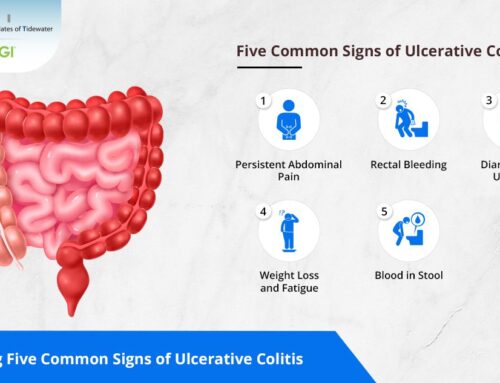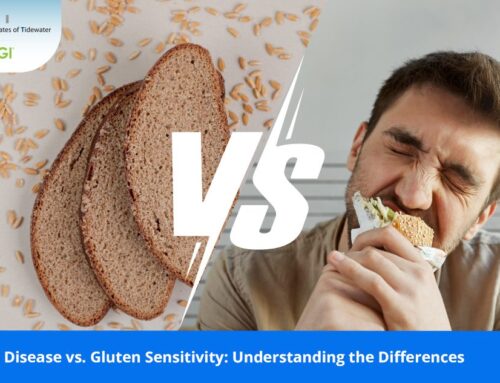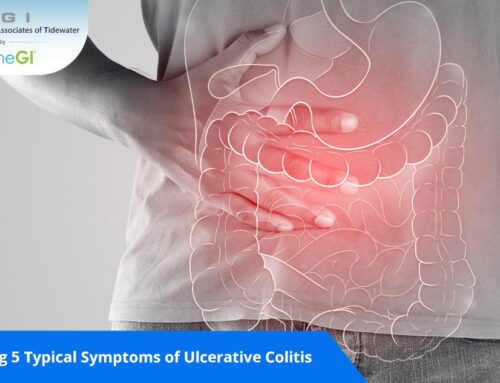Stomach ulcers are a painful condition that can be caused by a number of triggers including too much stomach acid, stomach irritation from drugs, and H. pylori bacteria. Stomach ulcers can also develop as a result of stress or alcoholism, but those who suffer from them may not recognize the symptoms at first because they usually start out small and don’t cause any pain right away. Stomach ulcers may go untreated for many years before they become symptomatic and require treatment with medication or surgery to remove the damaged tissues.
Stomach ulcers are painful sores in the stomach lining. Ulcers in the stomach and small intestines are termed peptic ulcers. Ulcers occur when the thick layer of mucus that protects your stomach from digestive fluids is lost. The digestive acids can then eat away at the stomach tissues that line it, resulting in an ulcer.
The most frequent symptom is a burning or discomfort in the center of your abdomen, between your chest and belly button. When your stomach is empty, the pain will be more powerful, and it might last for minutes to several hours.
Stomach ulcers are frequently caused by either a bacterial infection (Helicobacter pylori) or long-term use of nonsteroidal anti-inflammatory medications (NSAIDs), such as aspirin, ibuprofen, and naproxen.
To diagnose a stomach ulcer, one of our Gastroenterologists may perform an endoscopy. An endoscopy is a scope that examines the digestive system. During the procedure, our gastroenterologist will insert a hollow tube with a lens (endoscope) down the throat and into the esophagus, stomach, and small intestine. This procedure is used to search for ulcers.
A biopsy may be taken from the stomach lining if an ulcer is detected by the gastroenterologist. A biopsy can also reveal whether H. pylori is present in your stomach’s lining.
Treatment for peptic ulcers depends on the cause. Usually, treatment will involve killing the H. pylori bacterium if present, eliminating or reducing the use of NSAIDs if possible, and helping your ulcer to heal with medication. Medications may include antibiotics, medications that reduce or block acid production.
If there is a persistent ulcer that fails to respond to therapy, your gastroenterologist may advise surgery and make a referral to a surgeon.
To decrease the amount of stomach acid their bodies produce, some people choose to have surgery. However, discuss your options with our gastroenterologist to make an informed decision that is best for you.
To help our gastroenterologist to determine the best course of treatment, he or she will do an endoscopy or a barium swallow. During an endoscopy, the gastroenterologist puts a flexible tube down the throat to see inside the esophagus, stomach, and duodenum. The physician may examine the source of bleeding and test for bacterial infection by performing this procedure. During this examination, your doctor may also take a biopsy to look for cancer.
See a list of our board-certified gastroenterologists on our provider page. If you have any concerns regarding your digestive health, contact us and make an appointment by calling (757) 547-0798.






